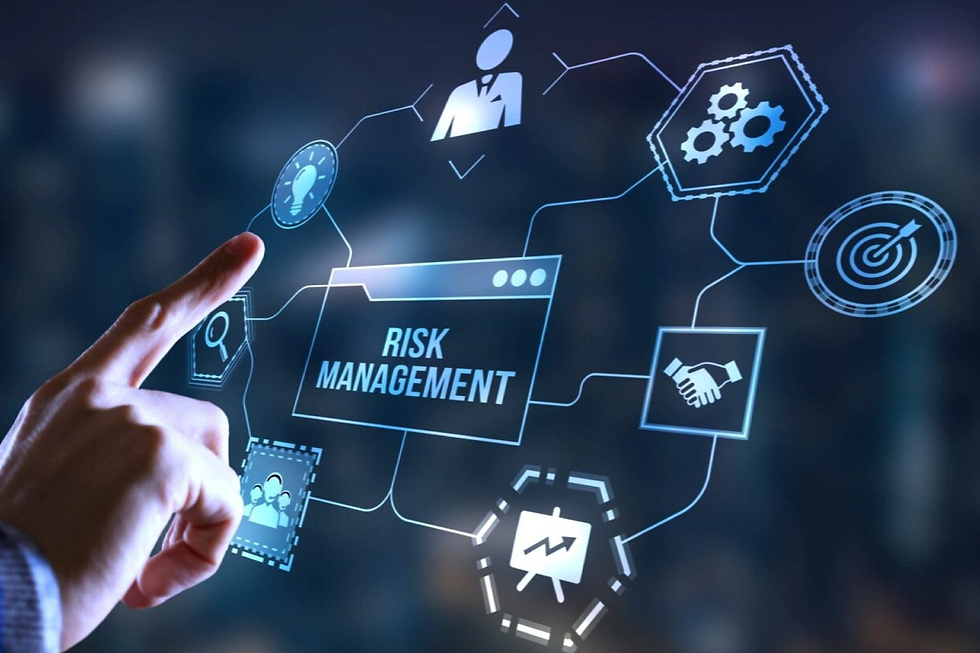Is Math Still Important in the AI Era?
- Nonthapat Hansiri
- Jul 28, 2025
- 2 min read
Updated: Aug 29, 2025
With the rise of AI, ChatGPT, and machine learning, some parents and students ask:
“If machines can do math for us, why should we still learn it?”
The short answer is we need math more than ever—not less.
Even as technology gets smarter, mathematical thinking remains one of the most essential human skills in school, work, and life.
Why Math Still Matters
1. Math Is the Language of Technology
Every algorithm, AI model, and app—from Netflix to Google Maps—relies on math:
Machine learning uses linear algebra, probability, and statistics
Video games and animation rely on geometry and calculus
Cybersecurity depends on number theory and cryptography
If you want to understand or build modern technology, math is your entry point.

https://itbrief.com.au/story/the-impact-of-technology-for-employees-and-management-processes 2. Math Develops Critical Thinking
Learning math trains your brain to:
Reason logically
Spot patterns
Evaluate evidence
These are essential skills for navigating fake news, digital overload, and complex decisions—none of which can be outsourced to a machine.
Research:
A study from Stanford (Boaler, 2016) shows that students who build flexible math skills are better problem-solvers in all areas of life—not just in exams.

3. AI Still Needs Human Judgment
AI can process data, but it can’t:
Understand context
Make value-based decisions
Explain why a solution matters
Knowing math helps humans ask the right questions, interpret results, and recognize flaws in AI outputs—especially when they look right but are logically wrong.
4. The Workforce Still Values Math Skills
According to the World Economic Forum (2023) and OECD, the top 5 most important skills in the age of AI include:
Critical thinking
Problem solving
Analytical thinking
Tech literacy
Communication
Math education builds three out of these five skills directly.
Jobs in finance, engineering, data science, logistics, environmental science, and digital marketing still require a solid grasp of:
Statistics
Ratios
Graphs and modeling
Estimation and precision
📊 Even roles that don’t “look mathematical” often involve budgeting, forecasting, or analyzing trends.

Real-World Examples
Everyday Activity Math Skill Involved
Using Google Maps Geometry, graph theory
Budgeting household expenses Arithmetic, percentages
Choosing a mobile data plan Unit rates, comparison
Reading COVID or inflation stats Data interpretation, probability
Deciding on a loan or investment Interest rates, exponential growth
What Should We Teach in the AI Era?
We need to shift from memorizing procedures to teaching:
Mathematical reasoning
Problem-solving strategies
Data literacy
Mathematical communication (explaining ideas clearly)
💬 It’s not just about getting the answer—it’s about understanding why it makes sense.
Reference:
The OECD's Future of Education and Skills 2030 framework emphasizes conceptual understanding, not rote memorization, as the key to success in a changing world.
Final Thoughts
AI can calculate faster than any human—but it can’t think like a human.
To thrive in the AI era, our children need to learn how to think mathematically, not just how to solve equations.
In short:
Math is not less important. It’s more human than ever.



Comments